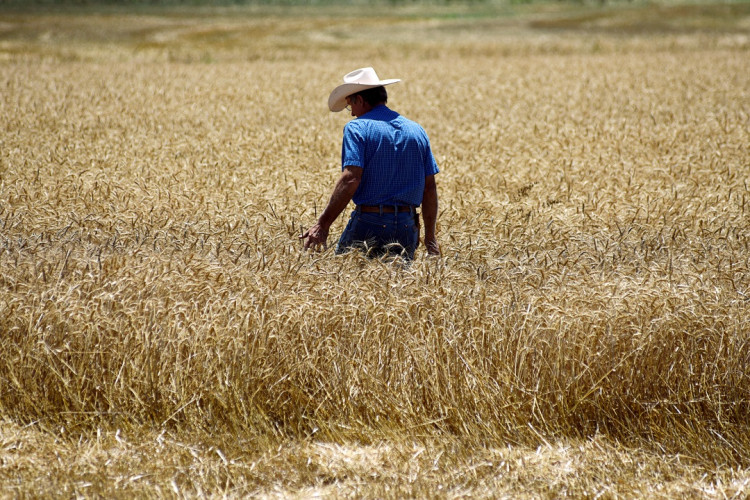China's decision to cancel its orders of US agricultural products will undoubtedly spell disaster for US farmers as they deal with a surplus of goods. US President Donald Trump announced on Tuesday that he will not be abandoning American farmers.
The president vowed to protect US farmers from the effects of China's decision, seemingly hinting at the release of further financial aid. Trump assured US farmers that he will continue to stand by them and do what is necessary to ensure their protection.
US farmers have been key constituents throughout Trump's presidency. However, the very same people that have supported Trump are now facing the brunt of the effects of his ongoing trade dispute with China.
Since the start of the trade dispute between two of the world's largest economies, US agricultural exports have plummeted. In 2018, soybean exports to China, the US' biggest buyer of the product, have dropped to a 16-year low.
In an attempt to cushion the effects of the trade war on US farmers, the Trump administration has promised to roll out up to $28 billion in federal aid. Up to today, the US Agricultural Department has so far released around $8.6 billion in direct aid payments to American farmers.
The agency had released a $16 billion federal aid package back in July this year, with plans to release another set of payments by mid-to-late August.
The US' shipment of agricultural goods to China has been an integral part of the trade negotiations, particularly in the creation of an amicable trade deal.
However, Trump mentioned last week that China has not been able to fulfill its promise of buying substantial amounts of US agricultural products. For this reason, Trump announced that the US will be imposing an additional 10 percent tariff on $300 billion worth of Chinese imports starting on September 1.
Earlier in the week, China responded to Trump's tariff threats by announcing that it would be canceling its orders of US agricultural products. The country's Commerce Ministry also stated that it plans to impose additional tariffs on incoming agricultural goods from the United States.
The move could add further pressure on American farmers, who are arguably a key demographic for Trump's 2020 reelection bid.
In 2017, China purchased a total of 32.9 million tons of US soybeans. As the trade dispute escalated, China's imports of the product dropped to 14.3 million tons, the lowest amount it had ordered from the US in over 11 years.






